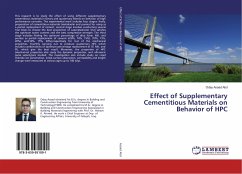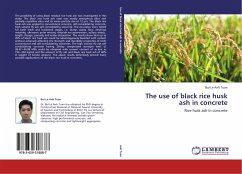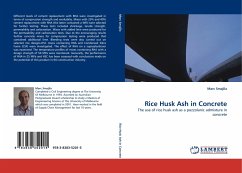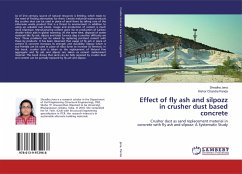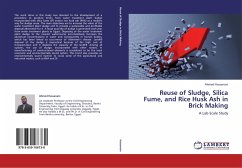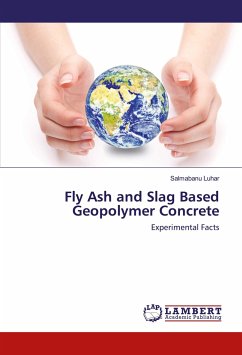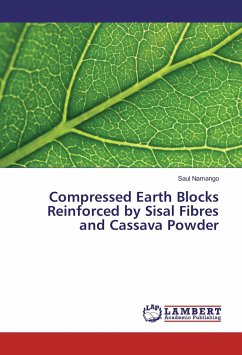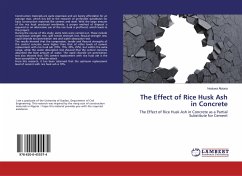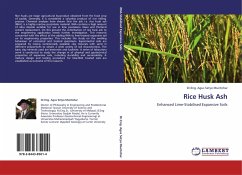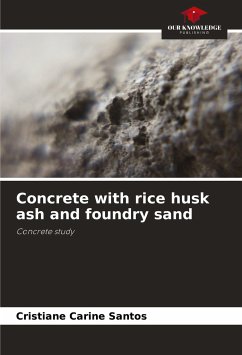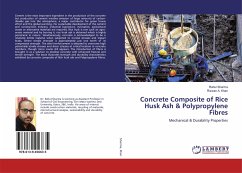
Concrete Composite of Rice Husk Ash & Polypropylene Fibres
Mechanical & Durability Properties
Versandkostenfrei!
Versandfertig in 6-10 Tagen
47,99 €
inkl. MwSt.

PAYBACK Punkte
24 °P sammeln!
Cement is the most important ingredient in the production of the concrete but production of cement involves emission of large amounts of carbon-dioxide gas into the atmosphere, a major contributor for green house effect and the global warming. For sustainable development of the cement and construction industry, industrial byproduct, innovative, agricultural waste or alternative materials are required. Rice husk is one such an agro-waste material and by burring it, rice husk ash is obtained which is highly pozzolanic in nature. Simultaneously, concrete is acknowledged to be a relatively brittle...
Cement is the most important ingredient in the production of the concrete but production of cement involves emission of large amounts of carbon-dioxide gas into the atmosphere, a major contributor for green house effect and the global warming. For sustainable development of the cement and construction industry, industrial byproduct, innovative, agricultural waste or alternative materials are required. Rice husk is one such an agro-waste material and by burring it, rice husk ash is obtained which is highly pozzolanic in nature. Simultaneously, concrete is acknowledged to be a relatively brittle material when subjected to normal stresses and impact loads, where tensile strength is approximately just one tenth of its compressive strength. The steel reinforcement is adopted to overcome high potentially tensile stresses and shear stresses at critical location in concrete members, though micro cracks still appears. The introduction of fibres is brought in as a solution to develop concrete with enhanced flexural and tensile strength. The book illustrates strength and durability characteristics exhibited by concrete composite of Rich husk ash and Polypropylene Fibres.



